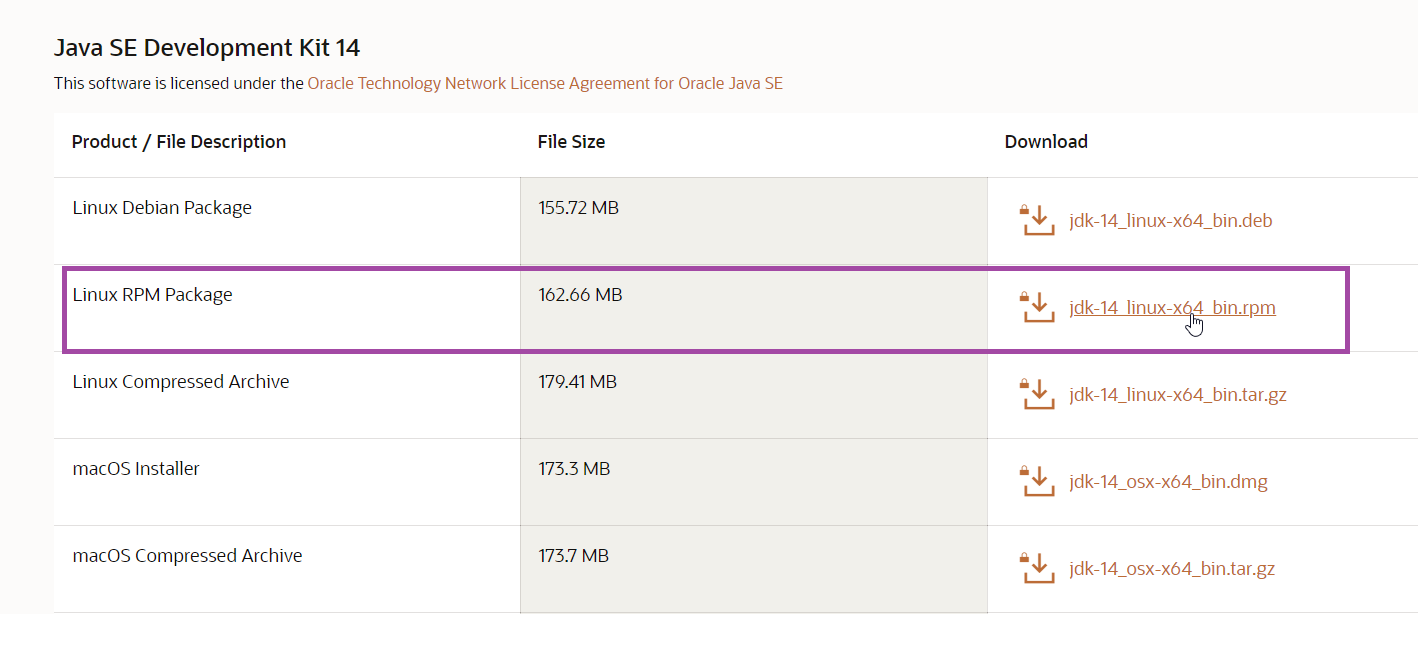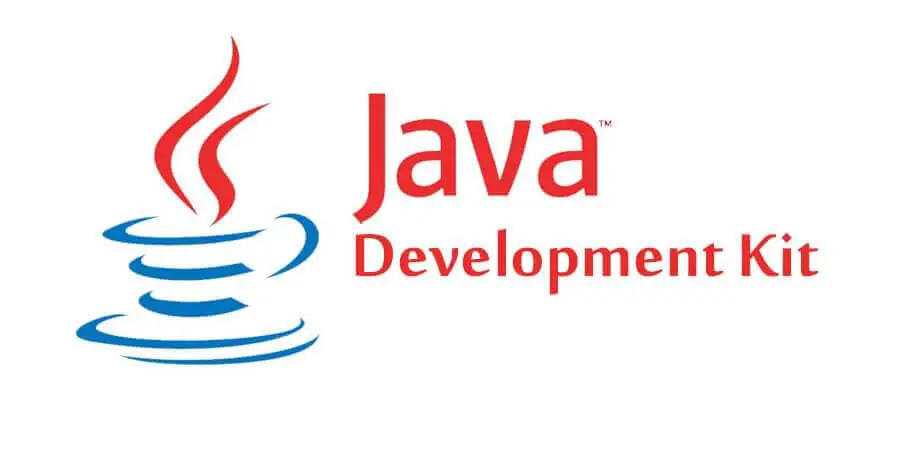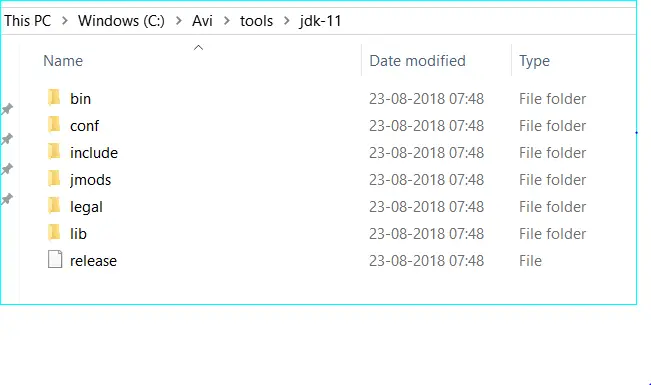

See our Getting Started with Linode and Creating a Compute Instance guides.įollow our Setting Up and Securing a Compute Instance guide to update your system. If you have not already done so, create a Linode account and Compute Instance. The remaining branches have all reached the end-of-life stage.įor more information about OpenJDK, see the OpenJDK website. Release 11 is still supported for several years, but users should consider upgrading to a newer branch. The most widely-used Long-term support (LTS) branches of OpenJDK are release 11 and release 17. Users who only want to run Java programs only require the JRE. The JRE is much less efficient at running Java files than applications because it must compile the source code first. It can also run Java files, but cannot convert these files into programs. The JRE interprets Java bytecode into lower-level code. It bundles the Java Virtual Machine (JVM) together with the Java Class Library (JCL) and other files.

The JDK is necessary to create stand-alone Java executables. It also contains a development kit consisting of developer tools and a debugger. The JDK includes the Javac compiler for compiling Java programs into bytecode.

Java is class-based and is regarded as fast, reliable, and secure. Java is a popular and versatile object-oriented programming language that is frequently used for business applications. OpenJDK is a free open-source version of the Java Platform, Standard Edition (Java SE). It also demonstrates how to configure OpenJDK and write a short test script to validate the installation. This guide explains how to download and install OpenJDK on Ubuntu 22.04.

OpenJDK is a free, open-source, production-ready implementation of Java based on Oracle’s commercial version of Java.


 0 kommentar(er)
0 kommentar(er)
